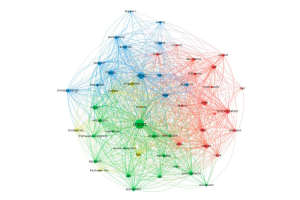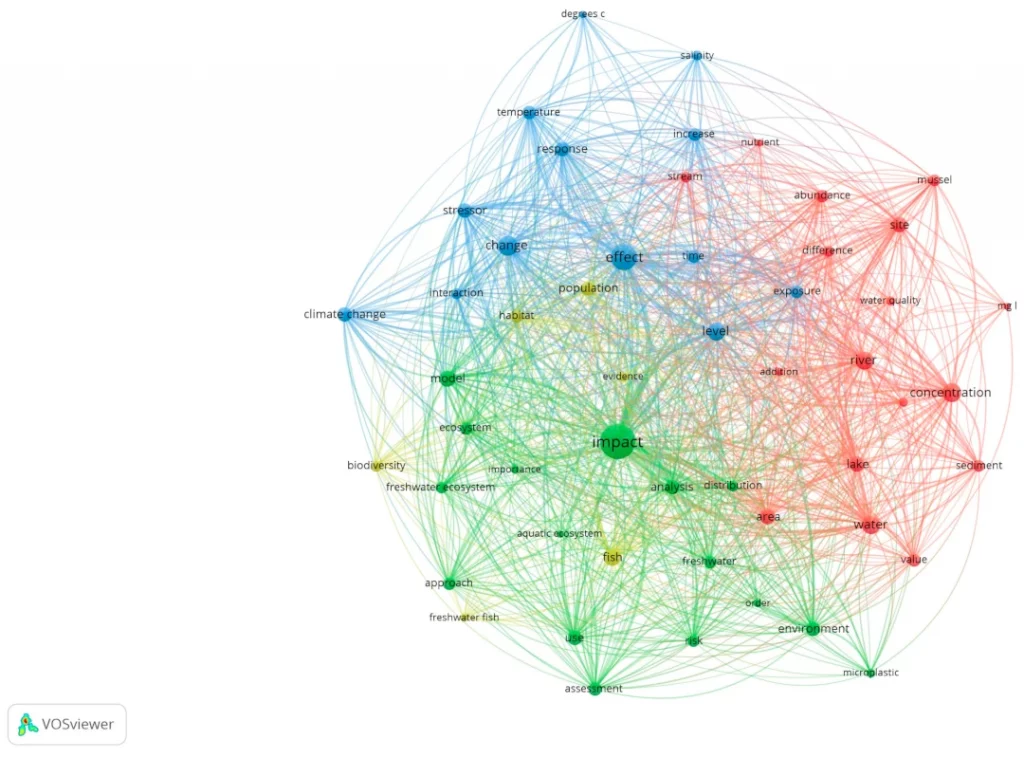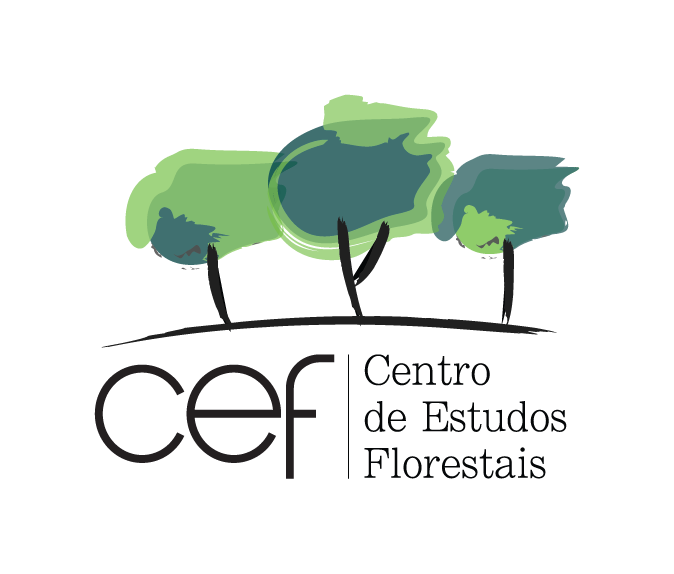
‘Multi-Interacting Natural and Anthropogenic Stressors on Freshwater Ecosystems: Their Current Status and Future Prospects for 21st Century’ is the new paper published by PhD student Tamara Leite and researcher Paulo Branco, from the Centre for Forestry Studies (Centro de Estudos Florestais – CEF) ForProtect group.
This work is a review article that analyses some of the main impact factors on freshwater ecosystems, focusing on their effects, threats, risks, protection, conservation and management elements.
Altogether, these stressors build an exceptionally composite background of stressors that are continuously changing freshwater ecosystems and diminishing or even destroying their capability to create and maintain ongoing natural healthy products and essential services to humans.

Environmental and human civilization sustainability cannot exist without the proper management of freshwater ecosystems all over the planet; this specific management is impossible if the widespread studied stressors are not deeply understood structurally and functionally. Without considering each of these stressors and their synergisms, the Earth’s freshwater is doomed in terms of both quantitative and qualitative aspects.
This work was carried out in collaboration with researchers from the ‘Lucian Blaga’ University of Sibiu (Romania), Ecotur Sibiu Association (Romania), University of Haifa (Israel), National University of Salta (Argentina), Institute of Hydrobiology National Academy of Sciences of Ukraine (Ukraine), Murdoch University (Australia), Technical University of Munich (Germany), National Technical University of Athens (Greece), Ryan Hanley Ltd. (Ireland), Université Catholique de Lille (France).














